NPD revealed data Monday that shows Android outselling Apple's iPhone, becoming the No. 2 selling smartphone operating system last quarter in America. Android was responsible for 28 percent of all handsets sold, ahead of Apple's 21 percent, but still behind Research in Motion's 36 percent.
The iPhone is only available in two hardware models with three total capacity sizes, and only on one network — AT&T — in the U.S. Android, on the other hand, has a multitude of handsets, including the Nexus One, Motoroal Droid, HTC Incredible and more, on a variety of networks.
"As in the past, carrier distribution and promotion have played a crucial role in determining smartphone market share," said Ross Rubin, executive director of industry analysis for NPD. "In order to compete with the iPhone, Verizon Wireless has expanded its buy-one-get-one offer beyond RIM devices to now include all of their smartphones."
Verizon's tactics have paid off, according to NPD. Sales of the Droid, Droid Eris and BlackBerry Curve helped kept Verizon just behind AT&T in sales in the first quarter of 2010. Smartphone sales at AT&T were 32 percent of the U.S. market, followed by 30 percent for Verizon, 17 percent for T-Mobile, and 15 percent for Sprint.
"Recent previews of BlackBerry 6, the recently announced acquisition of Palm by HP, and the pending release of Windows Phone 7 demonstrates the industry's willingness to make investments to address consumer demand for smartphones and other mobile devices," Rubin said. "Carriers continue to offer attractive pricing for devices, but will need to present other data-plan options to attract more customers in the future."
NPD's figures are based on sales data from more than 150,000 completed online consumer research surveys each month. The results, NPD says, represent the entire population of U.S. consumers.
The numbers are very different from the picture painted earlier this year by ComScore, which found the iPhone to have 25.3 percent of all Web smartphone traffic at the end of 2009, compared with just 5.2 percent for Google's Android.
NPD's study also found that the average price for a smartphone in the first quarter of 2010 was $151, a 3 percent increase from the same three-month period at the start of 2009. Mobile phones in general had an average selling price of $88, up 5 percent year over year.
Last week, data showing international smartphone sales found that the iPhone represented 16.1 percent of the market, after achieving 8.75 million sales in the first calendar quarter of 2010. Apple's market share was behind RIM's BlackBerry, which had 19.4 percent, and Nokia, which carried 39.3 percent.
 Neil Hughes
Neil Hughes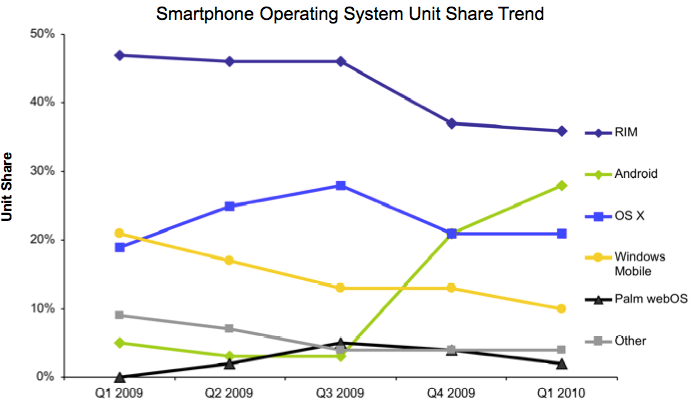

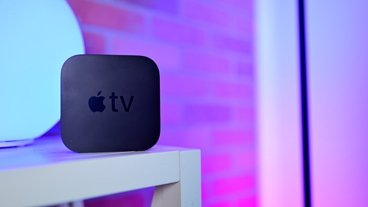


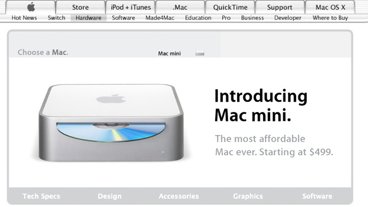
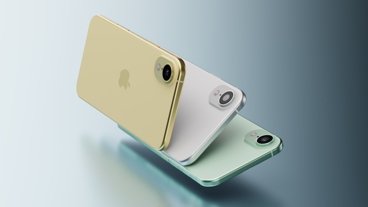
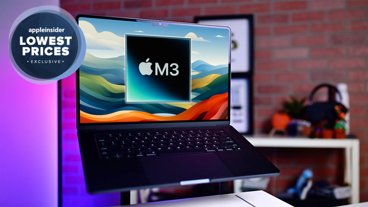
-m.jpg)





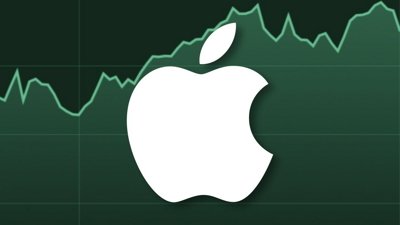
 Marko Zivkovic
Marko Zivkovic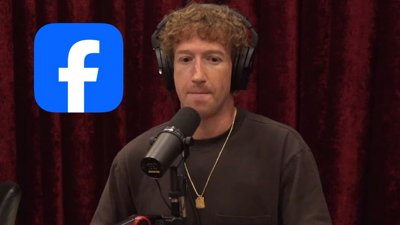
 Wesley Hilliard
Wesley Hilliard
 Malcolm Owen
Malcolm Owen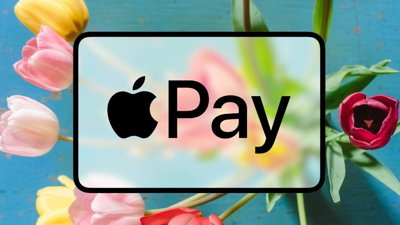
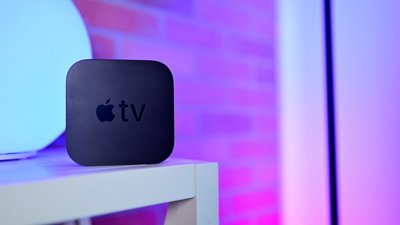

 William Gallagher
William Gallagher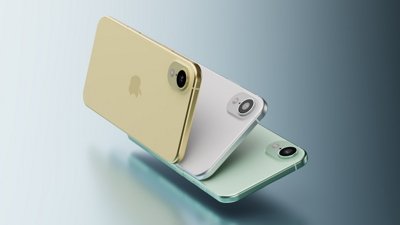

 Andrew Orr
Andrew Orr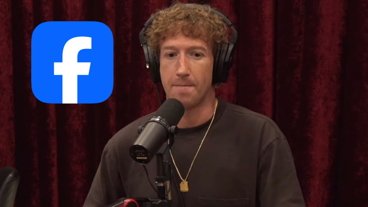

-xl-xl-m.jpg)







278 Comments
it was about the time...
Doesn't seem surprising. There are multiple Android platform phones vs. essentially one iPhone family, and the current iPhone 3GS is nearing the end of its product lifecycle. It's interesting to note that phones such as Motorola's Droid are frequently the object of two-for-the-price-of-one sales and the like.
Doesn't seem surprising. There are multiple Android platform phones vs. essentially one iPhone family, and the current iPhone 3GS is nearing the end of its product lifecycle. It's interesting to note that phones such as Motorola's Droid are frequently the object of two-for-the-price-of-one sales and the like.
Exactly. Who in their right mind will buy a 3GS now that the 4thG is on its way? Unless, Apple drops the price dramatically.
Also, when Verizon gives one Android away for free for every one purchased, it is easy to double the share.
Also in the news...
All combined computers that run Windows outsell all combined computers that run OS X .
The arguments well may be valid (single device, single carrier, nearing launch of next model). However, Android leap quite quickly to this position. As it stands now, with multiple devices, carriers, handset makers, there is a strong chance that the platform itself will leapfrog iPhone.
There are two questions that remain: first, will Apple's lawsuit against HTC succeed (which would pretty much take all the wind out of Android sails); and second, will the Android fragmentation continue to hamper development efforts for the platform? If the answer to either (or both) of these is yes, than the current numbers will be irrelevant.